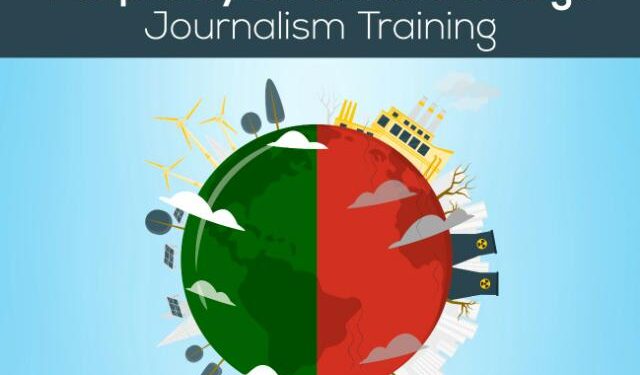The need for Ghanaian journalists to champion Climate Change issues and know the policy documents therein is imperative to changing the lives of especially the vulnerable citizens bearing the brunt of the adverse effects of Climate Change in the country.
According to a lecturer and Climate Change Communication Researcher at the University of Professional Studies, Dr. Martin Segtub, journalists must effectively communicate issues on Climate Change to help the masses to appreciate the reality on the grounds.
This he said will help individuals change their human-induced activities which is a significant contributor to the crises.
He said climate change and its related terms like global warming are things that are critical and that humans are largely responsible for the serious crisis that we are facing.
As such he explained that for media practitioners to be effective, it’s important that they pay attention to the critical role as the ears and eyes of society.
Dr. Segtub spoke at the maiden edition of the Climate Change journalism training workshop organized by Penplusbytes, a not-for-profit organisation with financial support from DW Akademie under its Climate Crises Journalism Project.
Speaking exclusively to ATLFM NEWS, Dr. Martin Segtub indicated that media practitioners are “advocates, we are the watchdogs of the society, and we must apply these tenets of our rules in journalism to address the problems that face mankind.”
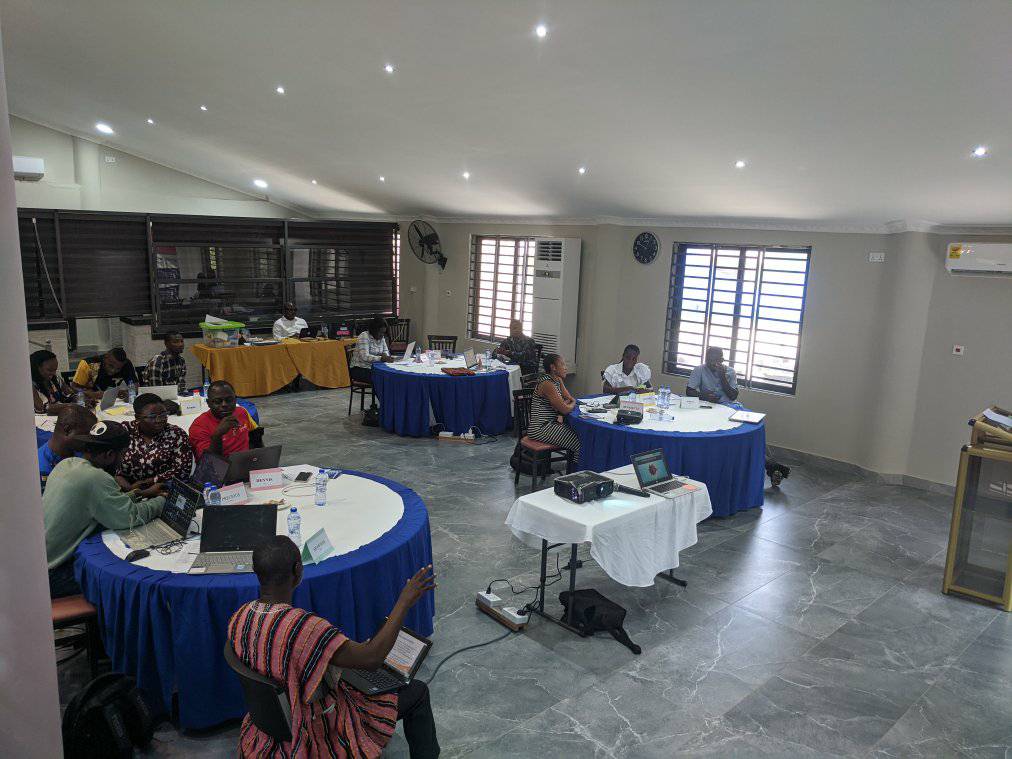
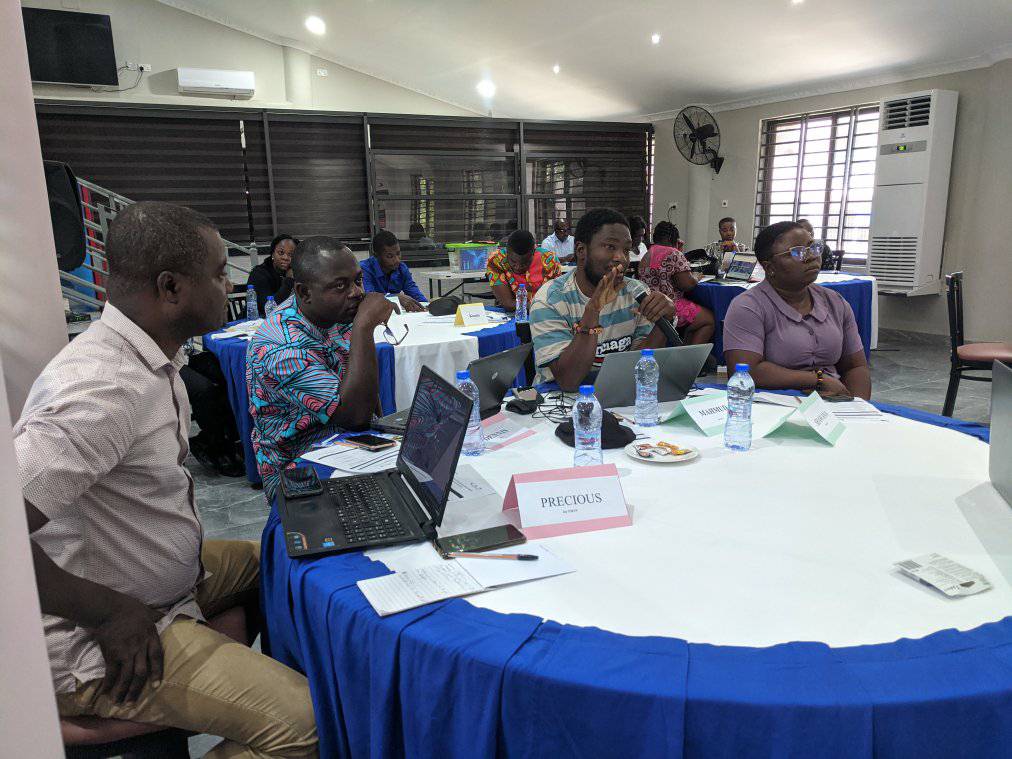
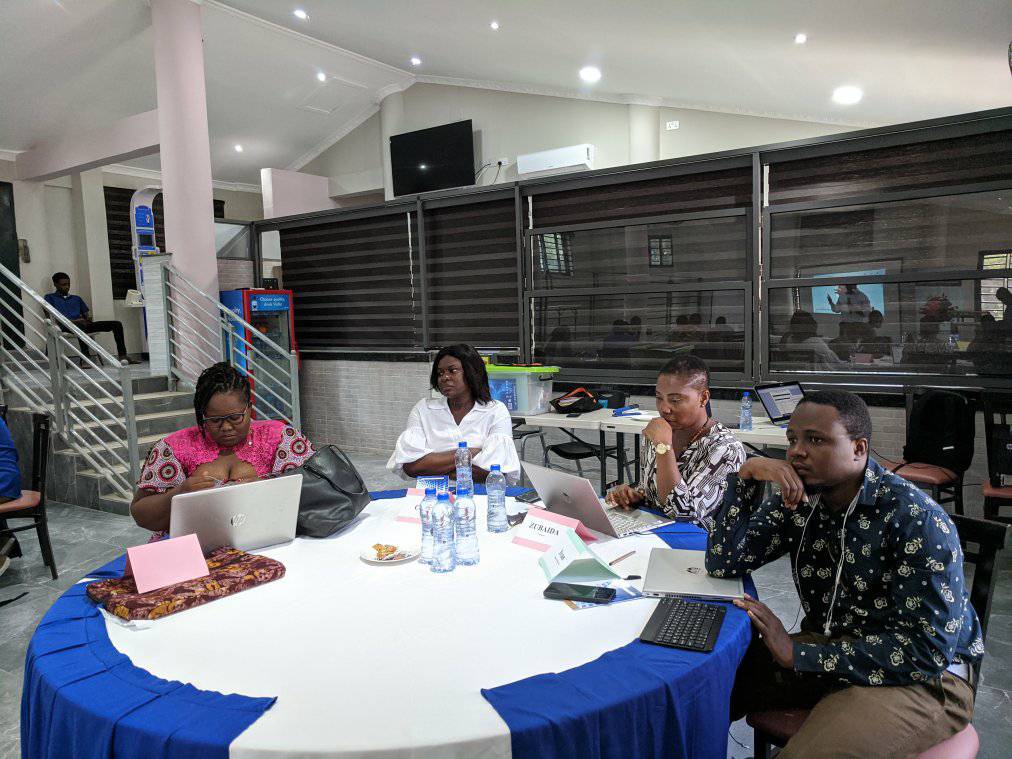
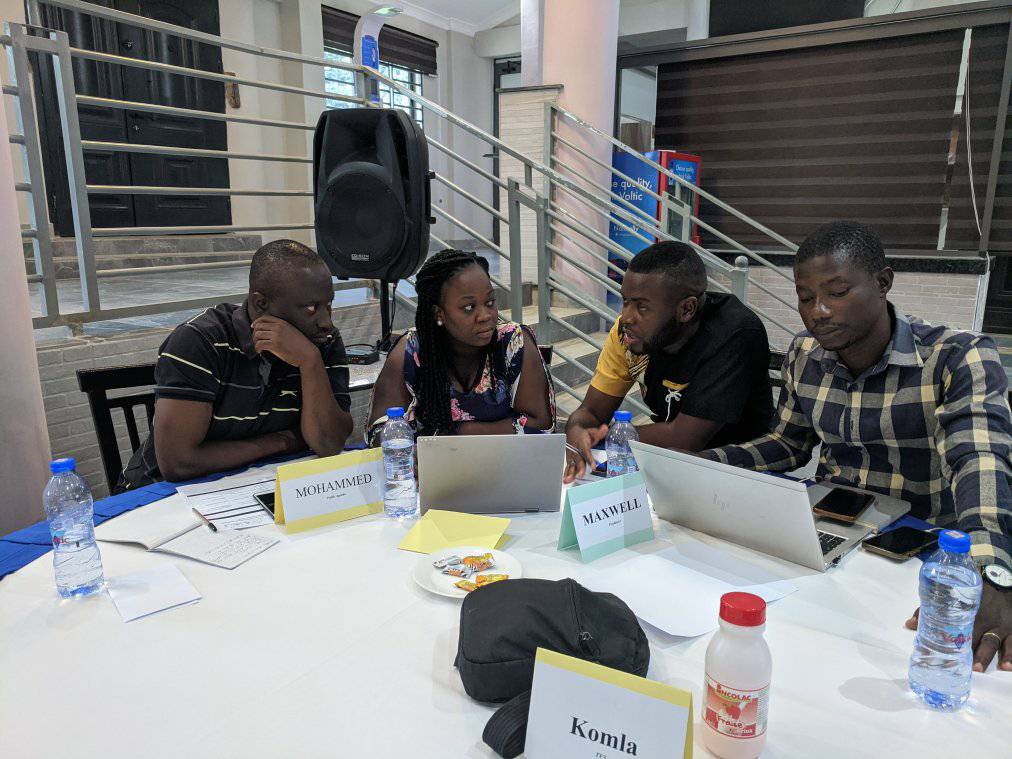
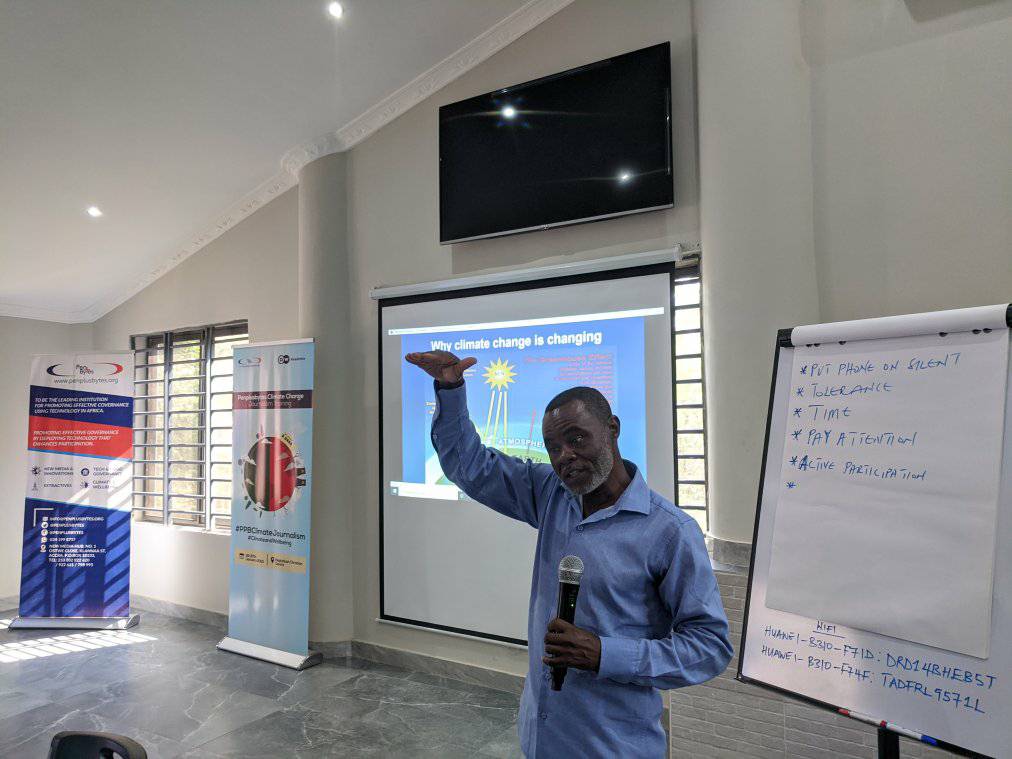
He said that the intention is also to see how editors and media house owners will need to have more space and more time for climate change discourses.
“So it’s not just for the training, it is also a message to the editors, it’s a message to the media owners to see that what their media houses do by engaging in training and in the real work in climate change journalism is a national assignment,” he emphasized.
On his part, the Executive Director of Penplusbytes, Jerry Sam bemoaned the impact climate change crises are having in Ghana.
To him, the crisis is not far from the country adding that “people are moving from certain areas because they cannot farm anymore. People are moving from sea areas because they cannot fish anymore because the sea levels have increased.
“Also, there’s so much disinformation and misinformation around climate change. People see it to be that flooding has always been with us and if it’s happening, then is the usual. But now the level of flooding is high. Sometimes our lifestyle like the way we keep our sanitation. So it’s very critical for us that journalists are in there, so they contribute information and knowledge to a national discourse around climate change.” He continued.
In that regard, he said journalists having the required knowledge will help to develop the right mitigation and adaptation policies to address the adverse effect of climate change in the country.
“This will also lead to developing the rights, mitigation, and adaptation policies and their implementation that will have value in people’s lives and also bring about sustainability so that our children’s children will come and meet something and also have a meaningful life from their environment,” he added.
The Training Workshop
The 3-day training workshop was organized for fifteen (15) selected journalists across the country to build their capacity on Climate Change issues to enable them to be advocates, especially in Ghana to draw the attention of relevant stakeholders and policymakers to ensure the needful is done.
The Journalists were trained on topics such as the UN Climate Protocols, Conventions and Treaties, Ghana’s Climate Change Policies and Policy Implications, Climate Change, and ethical reporting among other relevant topics.
The United Nations Department of Global Communications among other relevant actors on climate change issues has indicated that valuable, effective, and reliable content in communicating Climate Change information requires the use of authoritative scientific information, conveying the problem and the solutions, and mobilizing action.
Also, recommendations from the Reuters Institute study, state that the media can do a lot more in shaping public understanding of climate change and public policies.
Read more stories here
Source: Aba Aikins Appah/ATLFMNEWS















